Tag: Mayoral elections
-
Chicago mayoral election takes place next week
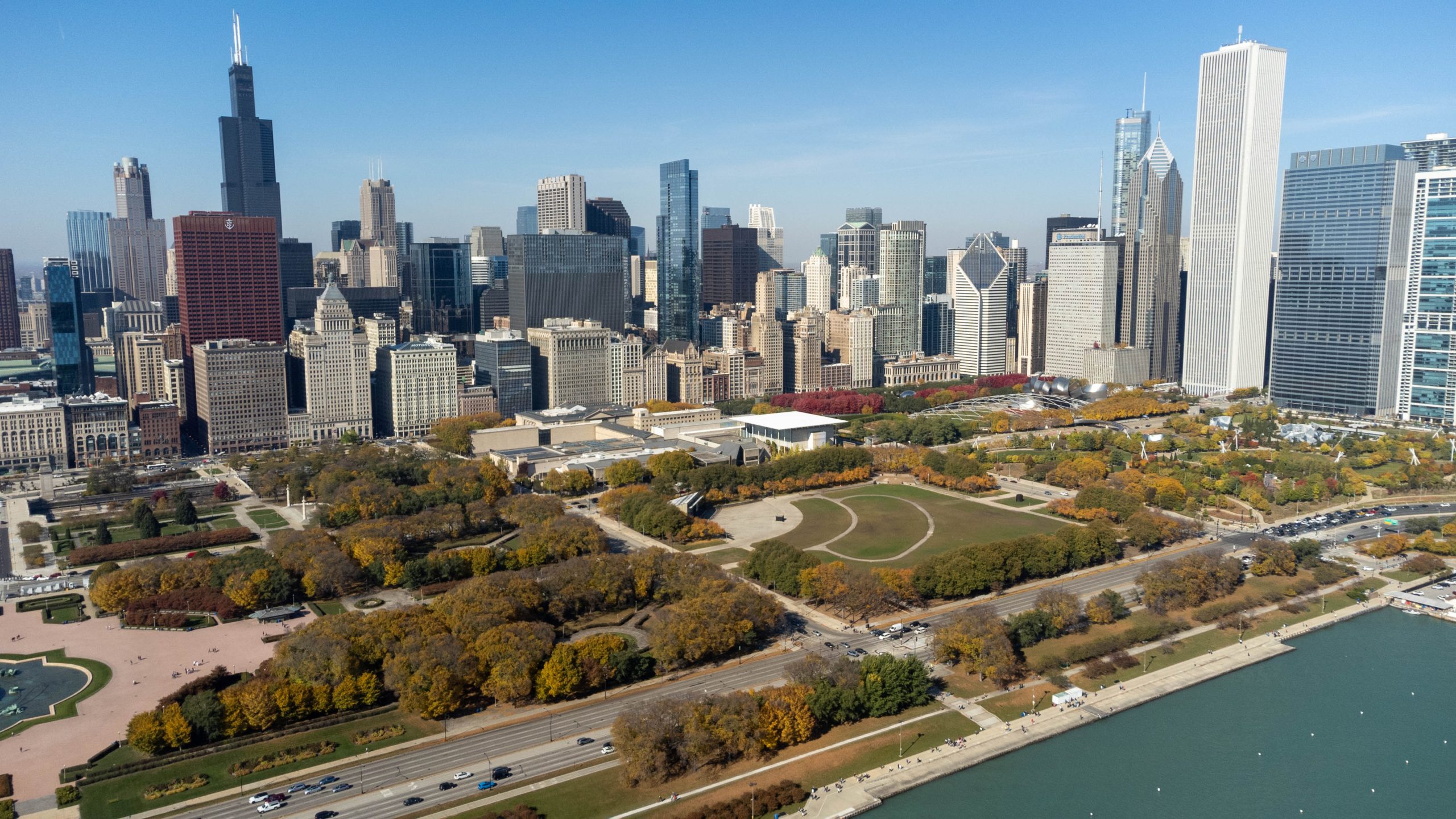
Nine candidates are running for mayor of Chicago, Illinois on Feb. 28. If no candidate receives more than 50% of the vote, a runoff election will take place on April 4. Mayor Lori Lightfoot, first elected in 2019, is running for re-election. The candidates to perform best in polling and receive the most endorsements are…
-
Twenty-one candidates running in Denver’s first open mayoral race since 2011
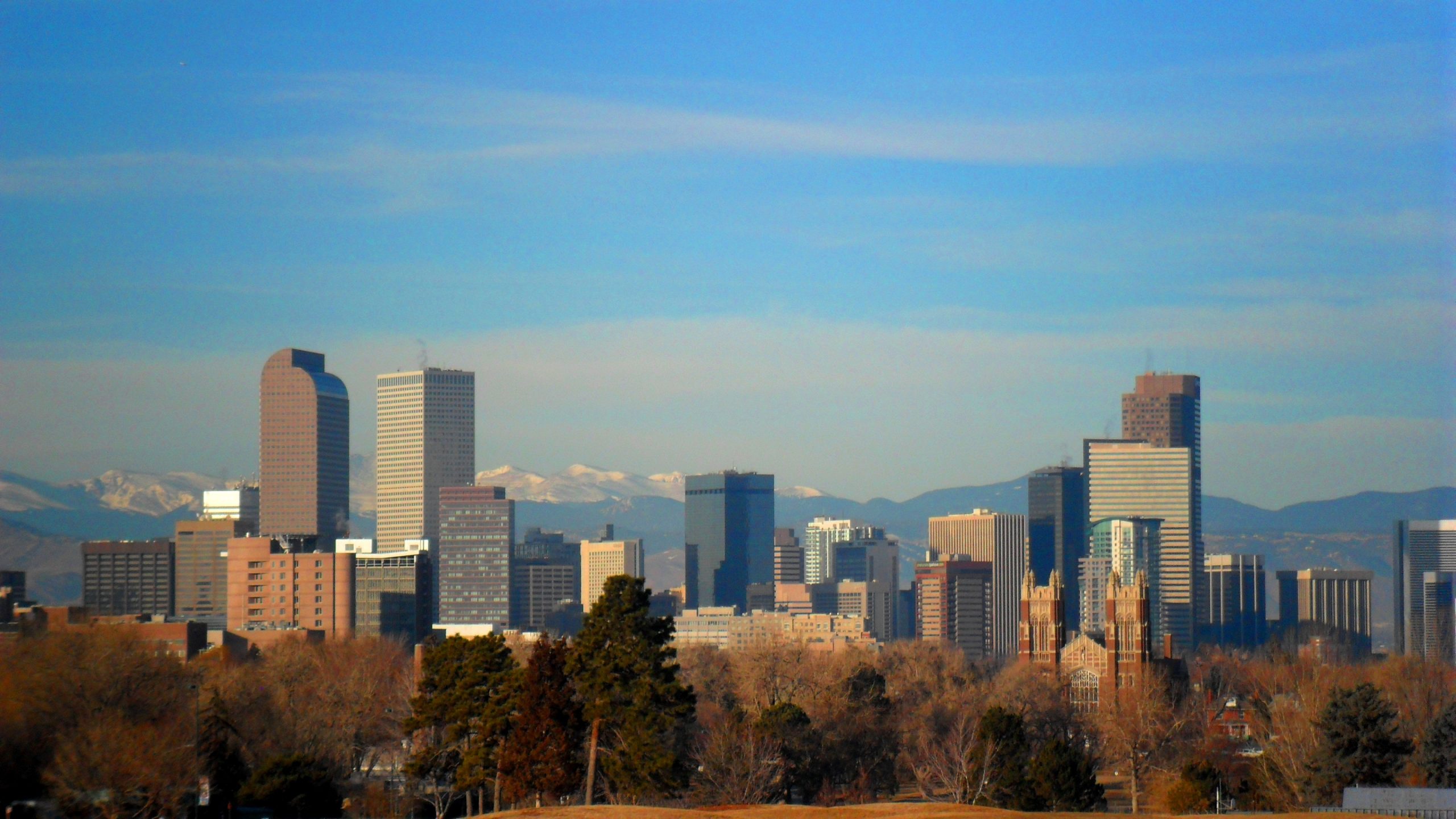
Twenty-one candidates are running in the general election for mayor of Denver, Colorado, on April 4, 2023. If no candidate receives a majority of votes, the top-two vote-getters will advance to a runoff on June 6, 2023. Incumbent Michael Hancock (D), first elected in 2011, is term-limited. This is Denver’s fifth open mayoral election since…
-
Tampa voters to decide city council and mayoral races
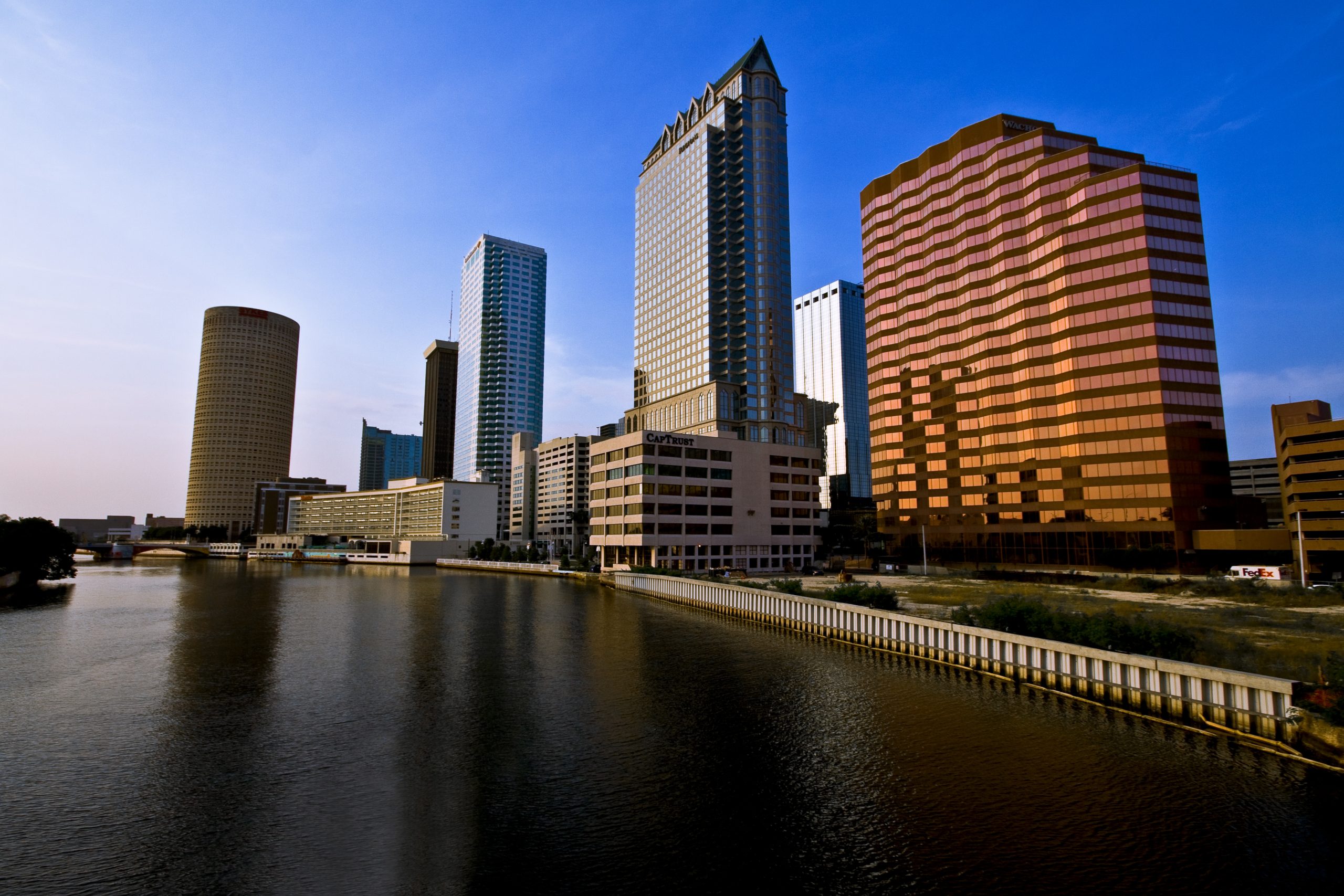
The general election for Tampa, Florida, is on March 7, 2023. The filing deadline to run passed on Jan. 20. Candidates are competing for seven of seven city council seats, and all seven incumbents are running for re-election. Candidates are also competing for mayor of Tampa. Incumbent Jane Castor and Belinda Noah are running in…
-
Eight candidates running for mayor of Jacksonville, Florida
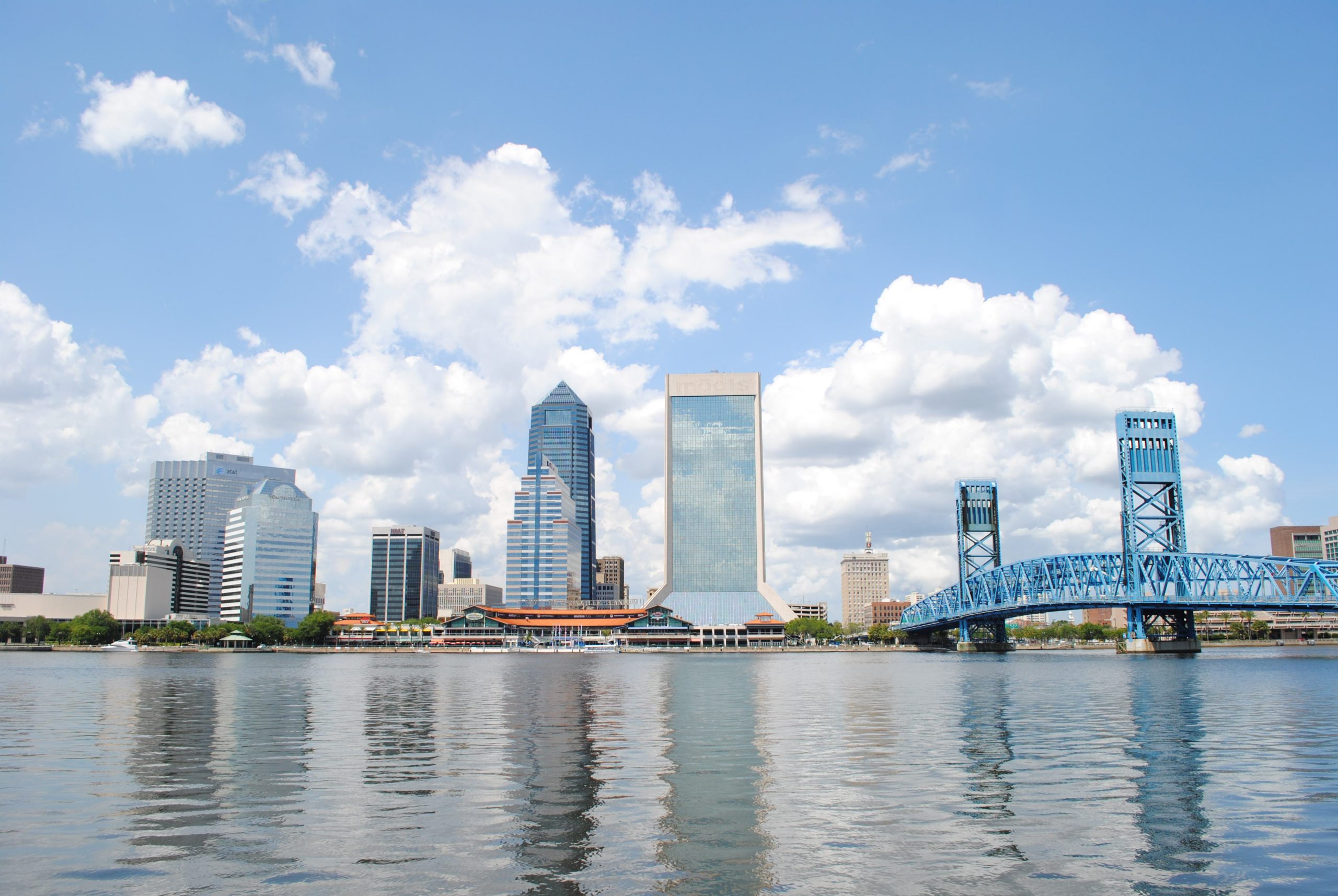
Eight candidates are running in the general election for mayor of Jacksonville, Florida, on March 21, 2023. All candidates run in the general election regardless of party affiliation. If no candidate receives a majority of votes in the general, the top two vote-getters will advance to a runoff on May 16, 2023. Donna Deegan (D),…
-
Four top-100 mayoral offices changed party control in 2022
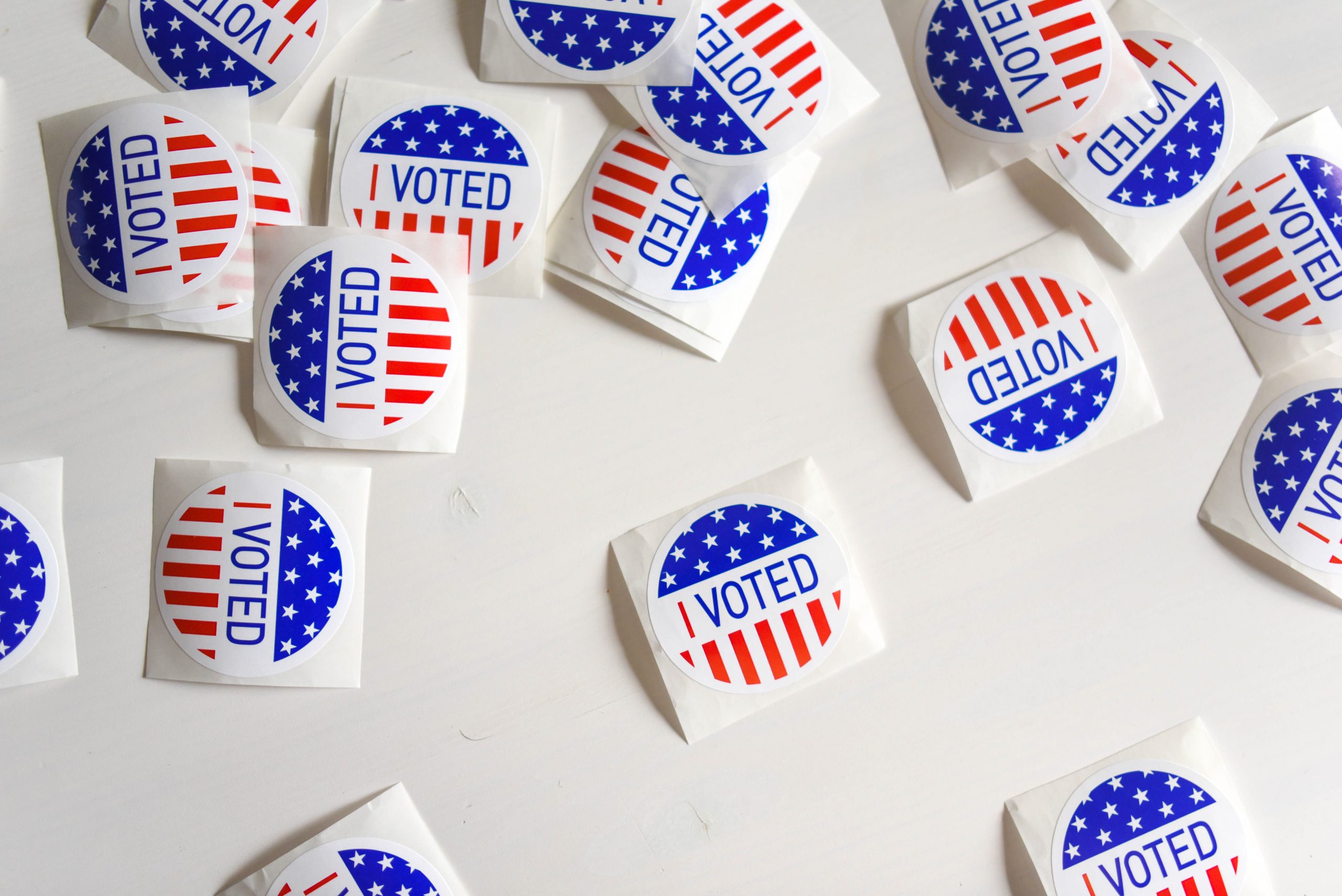
Twenty-four of the 100 largest U.S. cities by population held mayoral elections in 2022. Mayoral offices changed partisan control in four of those races, resulting in no net change in the number of offices held by Republicans and Democrats. Once all mayors elected in 2022 are sworn in, Democrats will hold 62 top-100 mayoral offices,…
-
Eleven candidates running for mayor of Chicago in 2023

Eleven candidates are running for mayor of Chicago, Illinois, in the February 28, 2023, general election. If no candidate receives more than 50% of the vote, a runoff election will take place on April 4, 2023. The filing deadline for this election was November 28, 2022. Incumbent Lori Lightfoot, Jesus Garcia, and Brandon Johnson have…
-
Watson defeats Israel in Austin mayoral runoff election
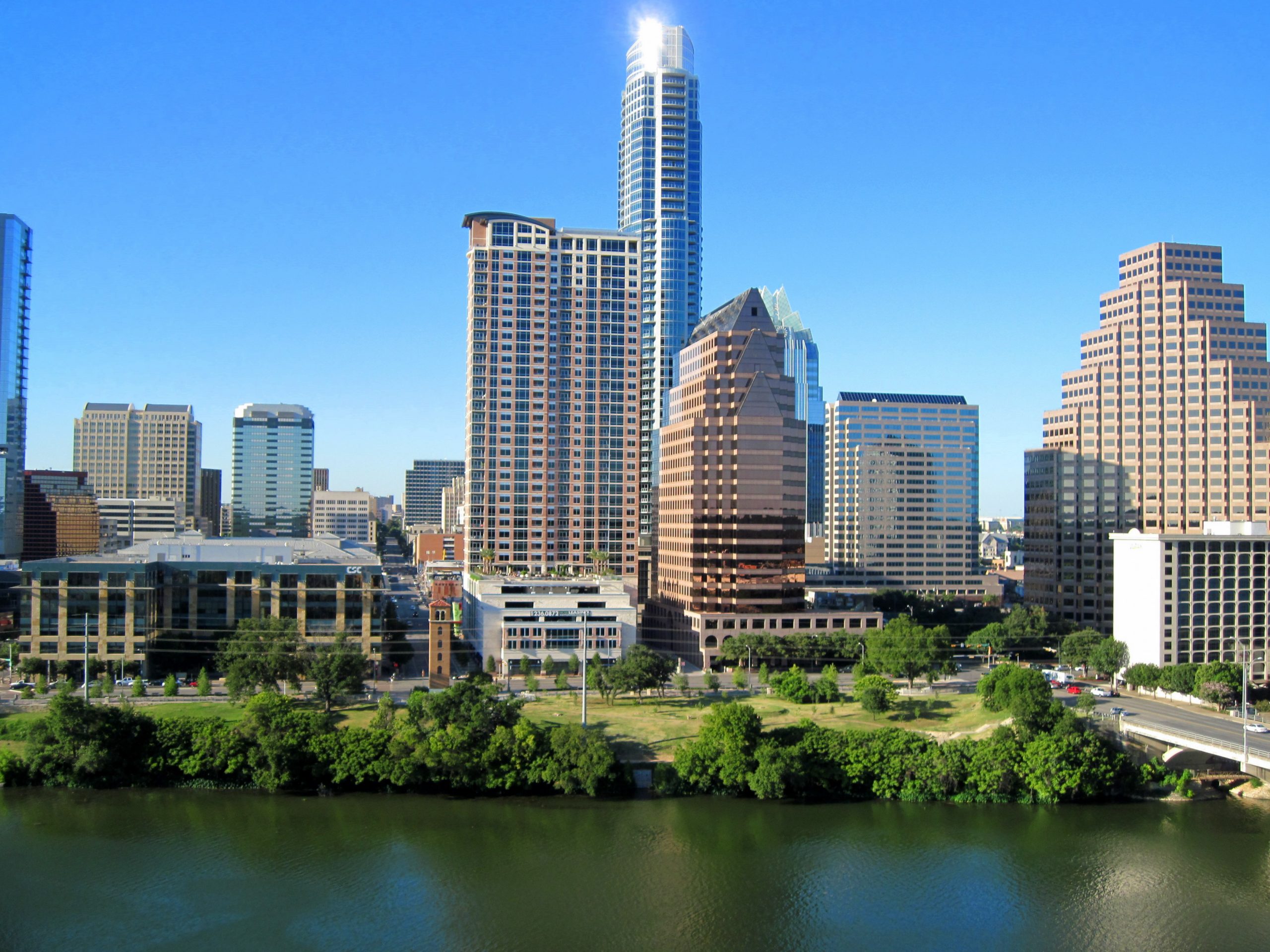
Kirk Watson defeated Celia Israel in the December 13, 2022, nonpartisan general runoff election for mayor of Austin, Texas. Watson received 50.4% of the vote to Israel’s 49.6%. According to KUT Public Media‘s Audrey McGlinchy, “Tuesday’s race was tight. Israel beat out Watson by just 17 votes among Travis County voters, which represent the vast…
-
Karen Bass, Rick Caruso advance to general in Los Angeles mayoral election
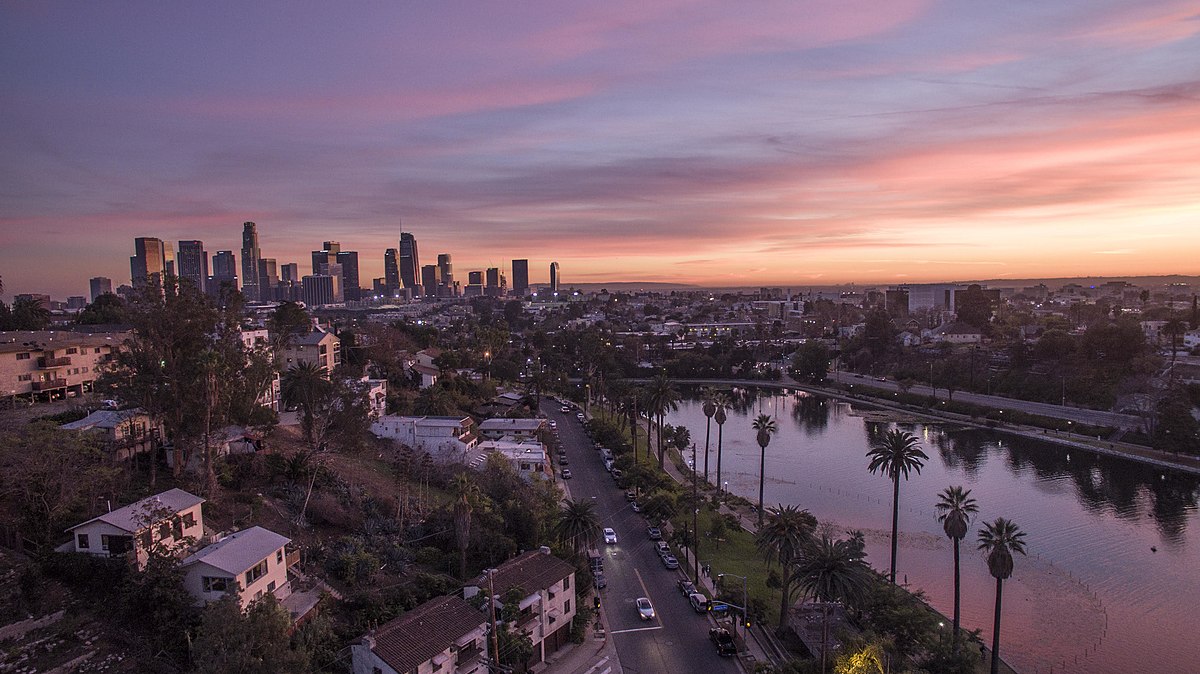
Karen Bass and Rick Caruso advanced from the nonpartisan primary for mayor of Los Angeles, California, on June 7, 2022. Since neither candidate received more than 50% of the vote, the two will participate in a November 8 general election. Incumbent Mayor Eric Garcetti could not run for re-election due to term limits. Since 1933,…
-
Nine candidates running in Los Angeles’ mayoral primary election

Nine candidates are running in the June 7, 2022, primary for mayor of Los Angeles, California. Incumbent Mayor Eric Garcetti (D) could not run for re-election due to term limits. Karen Bass (D) and Rick Caruso (D) have led the field in media coverage and fundraising. Though the election is officially nonpartisan, both candidates are…
-
Nine candidates running in Los Angeles’ mayoral primary election

Nine candidates are running in the June 7, 2022, primary for mayor of Los Angeles, California. Incumbent Mayor Eric Garcetti (D) could not run for re-election due to term limits. Karen Bass (D) and Rick Caruso (D) have led the field in media coverage and fundraising. Though the election is officially nonpartisan, both candidates are…

